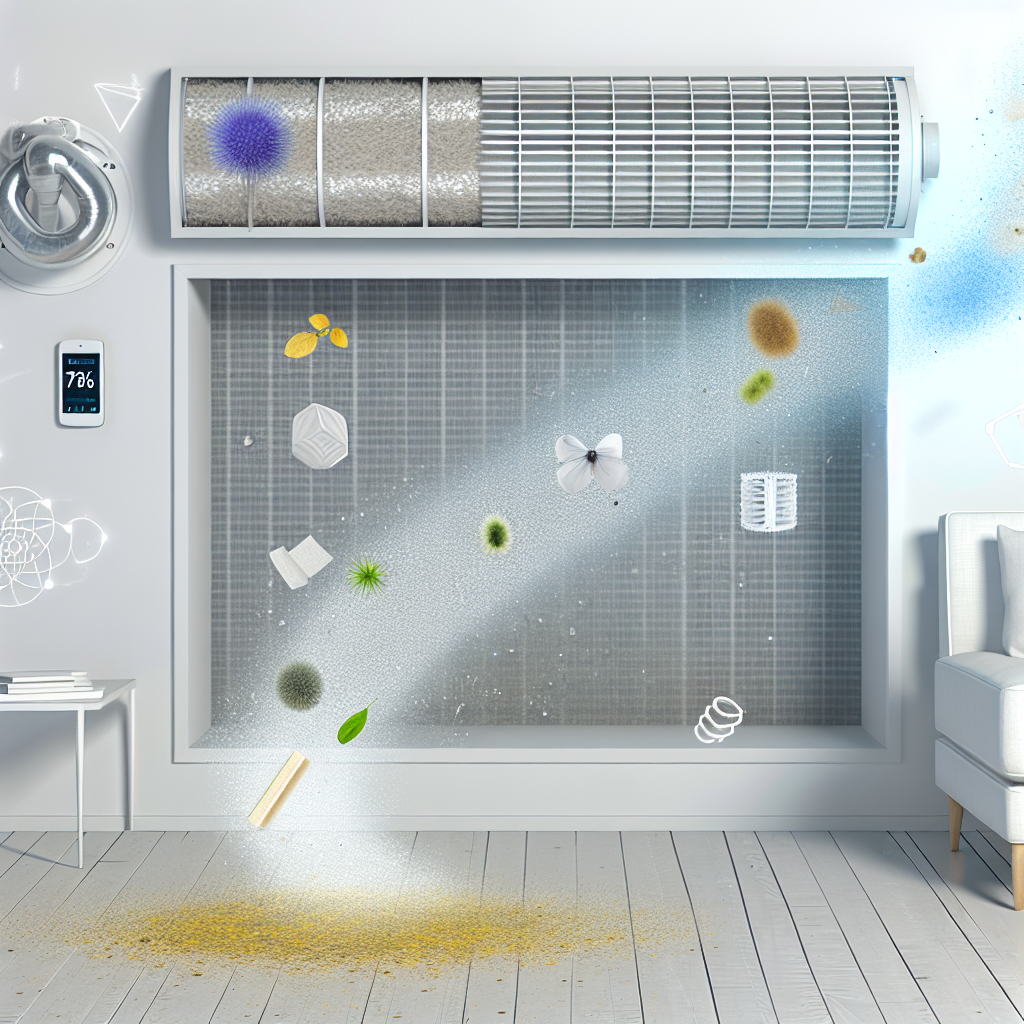Published: May 16, 2025

In our modern world, we spend a significant amount of time indoors, whether at home, work, or in other indoor environments. While we may not always think about it, the quality of the air we breathe indoors can have a direct impact on our health, particularly for those who suffer from allergies. In this blog post, we will explore the link between indoor air quality and allergies, and provide insights into how you can improve the air quality in your home to reduce allergy symptoms.
Allergies are a common health issue that affects millions of people worldwide. An allergy is an immune system response to a substance that is typically harmless. When a person with allergies comes into contact with an allergen, such as pollen, dust mites, pet dander, or mold spores, their immune system reacts by releasing chemicals like histamine, leading to symptoms like sneezing, coughing, wheezing, and watery eyes.
One of the key factors that can exacerbate allergy symptoms is poor indoor air quality. Indoor environments can harbor a variety of allergens, including dust, pet dander, mold, pollen, and volatile organic compounds (VOCs) from household products. When these allergens are present in the air we breathe, they can trigger allergic reactions in sensitive individuals.
To reduce allergy symptoms and improve indoor air quality, consider implementing the following strategies:
In conclusion, the quality of the air we breathe indoors can have a significant impact on our overall health, especially for those with allergies. By taking steps to improve indoor air quality and reduce exposure to common allergens, you can create a healthier and more comfortable living environment for you and your family.
In this blog post, we explored the link between indoor air quality and allergies, highlighting common indoor allergens and strategies to improve air quality to reduce allergy symptoms. By implementing simple measures like regular cleaning, maintaining optimal humidity levels, and using air purifiers, you can create a healthier indoor environment for you and your loved ones.

Our expert technicians are ready to assist you 24/7!
Contact Us Today!Read our latest articles for helpful information about heating, cooling, and air quality.
Implementing regular cleaning routines, ensuring proper ventilation, investing in air purifiers, controlling humidity le...
Read MoreSmart thermostats are not only convenient but can also significantly impact your HVAC system's efficiency and reduce yo...
Read MoreWhen choosing between a furnace and a heat pump for your home, consider factors like climate, energy costs, and budget...
Read MoreInvesting in energy-efficient HVAC systems like variable-speed air conditioners, heat pumps, and smart thermostats can...
Read More